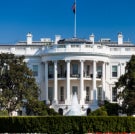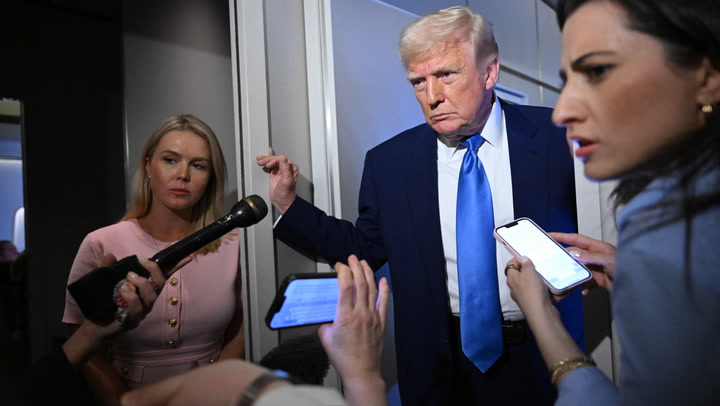The UK government has issued a new warning to Brits travelling to Turkey, cautioning them over the risk of counterfeit banknotes.
The Foreign, Commonwealth and Development Office (FCDO) has said that banks and money exchanges may not accept $50 or $100 US dollar bills.
This is due to a “reported surge in counterfeit banknotes of these denominations in Turkey”.
The FCDO added that nobody should accept these banknotes where possible.
The Central Bank of the Republic of Turkiye says on its website that counterfeiting methods used for Turkish lira banknotes are also used for foreign banknotes.
The US dollar and the Euro are the most frequently counterfeited foreign currencies in Turkey, it said, with counterfeit US dollar banknotes being mostly produced with offset printing technology whereas digital technology is largely preferred in the production of counterfeit Euro banknotes.
The bank says that counterfeit foreign banknotes have features such as paper that can be easily found on the market, watermarks and security threads that are imitated by print, and even features that are recognised when held up to a UV light to check if it is real or not.
These features are counterfeited so successfully that they can be highly deceptive.
Low-value foreign banknotes have also been modified before they are introduced to the market as if they are internationally recognised, high-value currencies.
The Turkish central bank said it is currently working with judicial authorities on the matter.
“Accordingly, counterfeit banknotes, which have recently been covered in news regarding the increase in the circulation of counterfeit foreign banknotes in the market, were sent to the Bank by the judicial authorities for an expert report,” the bank said.
While Turkey is a popular tourist destination, there are some parts of Turkey that the FCDO warn against visiting.
The FCDO advises against all travel to within 10km of the border with Syria due to fighting and a heightened risk of terrorism.
For more travel news and advice, listen to Simon Calder’s podcast
Source: independent.co.uk



